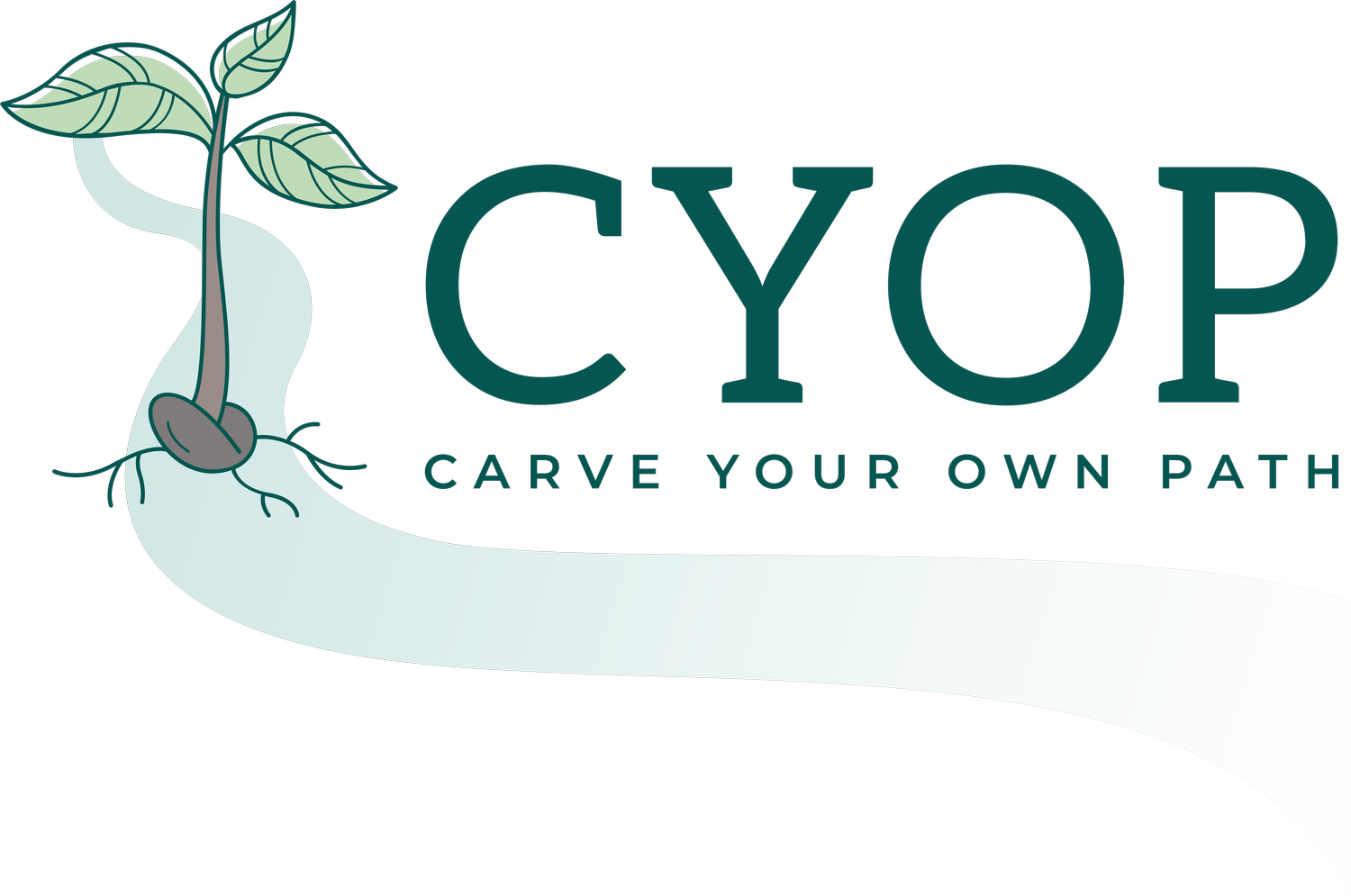Taking Charge of Your Emotions: A Guide to Emotional Regulation
Our emotions are powerful forces that shape our lives. They influence our thoughts, behaviors, and even our physical health. While emotions are essential, sometimes they can feel overwhelming. Fortunately, we can develop skills to manage our emotions effectively, a concept known as emotional regulation.
This blog post unpacks the "why" and "how" of emotional regulation, providing you with tools to navigate your emotional landscape and enhance your overall well-being.
Why is Emotional Regulation Important?
Physical health: Unmanaged emotions can take a toll on your body. Chronic stress linked to negative emotions has been associated with various health problems, including heart disease, high blood pressure, and weakened immune systems [1, 2].
Mental health: Emotions play a significant role in mental health. Effectively managing emotions can help reduce anxiety, depression, and improve overall emotional well-being [3].
Relationships: Our emotional state significantly impacts how we interact with others. Strong emotional regulation skills allow for healthier and more fulfilling relationships by fostering better communication and conflict resolution.
Learning and decision-making: When we're overwhelmed by emotions, it becomes difficult to think clearly and make sound decisions. Emotional regulation helps us approach situations with a calmer mind, leading to better choices.
The Power of Recognizing Your Emotions
The first step to managing your emotions is recognizing them. Many of us struggle to identify our emotions beyond basic terms like "happy" or "sad." An "emotions wheel" like the one from the Junto Institute can be a helpful tool to explore the full spectrum of emotions [4].
Here's a tip: Take a moment right now to identify how you're feeling. Can you pinpoint a specific emotion using the emotion wheel or another reference?
Practical Tools for Emotional Regulation: The Catch-Calm-Choose Method
Catch: The first step is becoming aware of your emotions as they arise. Pay attention to your physical sensations, thoughts, and urges. Journaling or mindfulness exercises can be helpful for identifying emotional patterns.
Calm: Once you recognize the emotion, take steps to calm yourself down. Deep breathing exercises, progressive muscle relaxation, or spending time in nature can all be effective calming techniques.
Choose: After calming down, choose a healthy way to process your emotions. Talking to a trusted friend, expressing yourself creatively, or engaging in activities you enjoy can all be helpful.
Remember: Emotional regulation is a skill that takes practice. Be patient with yourself and celebrate your progress along the way!
Additional Resources:
The American Psychological Association: https://www.apa.org/
Collaborative for Academic, Social, and Emotional Learning (CASEL): https://casel.org/
The Body Keeps the Score: Brain, Mind, and Body in the Healing of Trauma by Bessel van der Kolk [5]
By understanding your emotions and developing healthy coping mechanisms, you can harness their power to live a happier, healthier, and more fulfilling life.
Want to learn more about Emotional Regulation skills? Check out our Emotional Regulation - The Key to Optimal Wellness Professional Development Training and other professional development opportunities here.
Sources:
[1] American Psychological Association. (n.d.). Stress in America 2020 survey signals a growing national mental health crisis. American Psychological Association. Retrieved June 1, 2022, from https://www.apa.org/news/press/releases/2020/10/stress-mental-health-crisis
[2] M.D.,M.G. (2011). When the Body Says No: Understanding the Stress-Disease Connection (1st ed.). Wiley. https://www.cdc.gov/chronicdisease/resources/infographic/chronic-diseases.htm
[3] American Psychological Association. (n.d.).StressinAmerica2020surveysignalsagrowingNationalMentalHealthCrisis.AmericanPsychological Association. Retrieved June 1, 2022, from https://www.apa.org/news/press/releases/2020/10/stress-mental-health-crisis
[4] Junto Institute https://www.thejuntoinstitute.com/emotion-wheels/
[5] Kolk, B.A. (2015). The Body Keeps the Score: Brain, Mind, and Body in the Healing of Trauma. London: Penguin Books.
